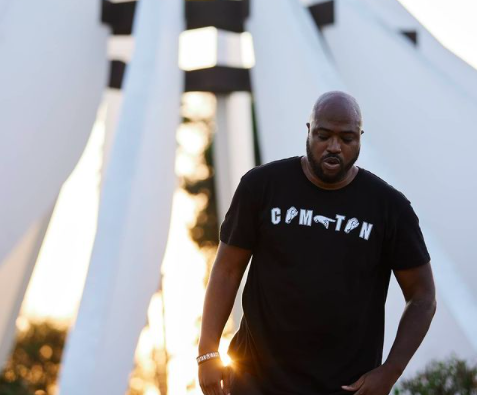Last Wednesday, Feb. 17, Muhlenberg students, faculty and administrators joined together on a Zoom call to hear activist Michael Agyin speak at the “Examining the Intersections of Blackness and Deafness” event. This was the first of the two part miniseries: “Blackness, Disability, and Our Current Moment.” These Black History Month programs are hosted by the Africana Studies Program, the Office of Multicultural Life and the Black Students Association.
Emanuela Kucik, Ph.D., assistant professor of English and Africana Studies, began the program by reminding all the attendees that the Zoom call was a safe, respectful space where no microaggressions or hateful comments would be tolerated.
Agyin is a behavioral therapist and Deaf and Disability rights activist. He works to ensure that Black, deaf people are welcomed and included in contemporary society.
The attendees viewed Agyin’s TED Talk from May of last year, “I Hear You, But Can You Hear Me.” In his speech, he discusses the challenge of growing up in Compton, CA, a community that lacked accessibility.
“I knew I was always loved and that got me through a lot.”
“I was bullied and forced to go to speech therapy. I had to learn to read lips and I had to learn how to pronounce words and I had to learn how to focus all of the time. But the crazy part is that I had to learn words again and again and again until I could talk… but I shouldn’t have to… and I did all these things just to blend in,” Agyin said of his childhood. He remembered his high school basketball coach telling him that there was “no place for him,” on the team. “That hurt,” he remarked.
The son of Ghanian immigrants, his parents never saw his deafness as a negative thing.
“I knew I was always loved and that got me through a lot,” Agyin said.
Agyin was not exposed to American Sign Language (ASL) until college at the California State University of Northridge –– a pivotal moment that helped him to “finally find [his] identity.”
Despite being surrounded by other deaf individuals, he was surprised that there was still exclusivity within the Deaf community. He was hurt to be rejected by the Deaf fraternity on his campus; however, upon hearing this, a Deaf sorority welcomed him into their community.
After college, he returned to Compton. “Compton wasn’t ready for me,” Agyin reflected. “There were no interpreters at community events.”
“Change is slow, but it’s coming.”
Compton didn’t understand Agyin’s needs. “I knew things had to change,” he said. He then challenged Compton to become a more accessible and open community.
After the TED talk viewing, Agyin spoke a little about his work with the community of Compton. He spoke about an ASL club that had been created to teach ASL to community members, and he described how those plans had been slightly sidetracked due to the COVID-19 pandemic. One of Agyin’s main goals was to have a better relationship with the mayor of Compton, a goal which he got closer to when Compton celebrated its first ever Black Deafness Awareness Month.
“Change is slow, but it’s coming,” said Agyin.
During the Q&A, Agyin was asked about accessibility within the Black Lives Matter movement. He responded, “I was involved,” and went on to describe how the leaders of BLM had to be made aware of some accessibility issues.
Overall, Agyin has a positive outlook on life right now, saying, “It’s an awesome time to be Black and Deaf. Diversity, intersectionality. It’s a good time.”






















